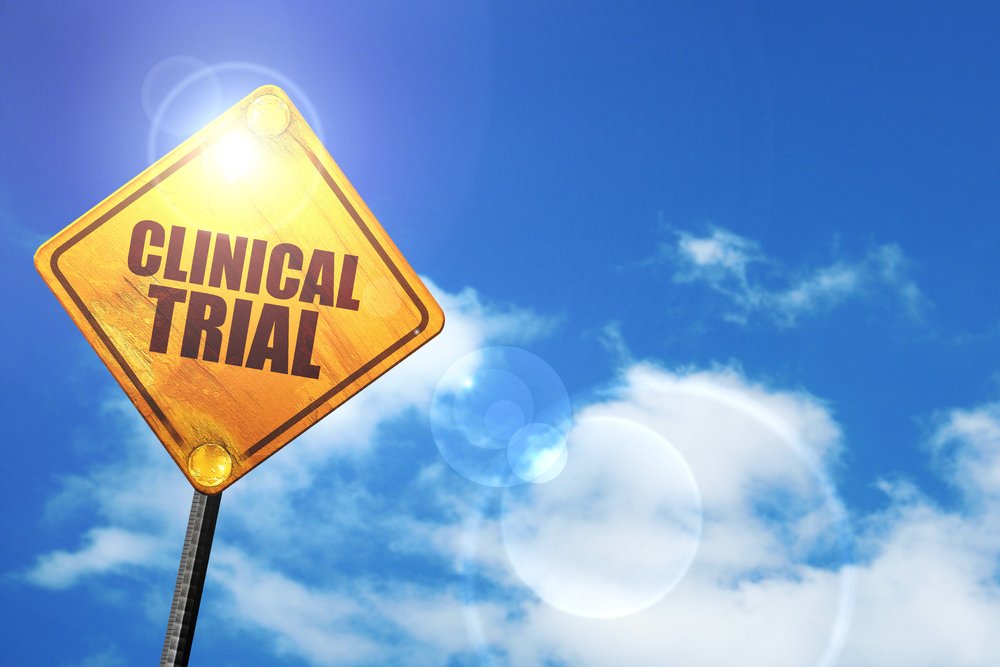Phase 2b/3 Trial Testing IRLAB’s IRL790 in Levodopa-induced Dyskinesia to Start in 2020

Following the positive results of a Phase 2a clinical trial, IRLAB Therapeutics is planning a Phase 2b/3 study for the first half of 2020 that will test IRL790 as an oral treatment candidate for Parkinson’s patients with levodopa-induced dyskinesia (LID) — involuntary, jerky movements that can interfere with normal daily activities.
The trial will be part of a clinical program intended to obtain market approval for IRL790. It will be conducted in parallel with a Phase 2b/3 study assessing the potential therapy in Parkinson’s psychosis.
Long-term treatment with levodopa, the gold standard Parkinson’s therapy, has been linked with dyskinesia — and with increased levels of the dopamine D3 receptor in the basal ganglia. That brain region contains the substantia nigra and the striatum, two key areas affected in Parkinson’s. IRL790 is intended to lessen dyskinesia in Parkinson’s by blocking these D3 receptors.
IRLAB decided to prioritize IRL790 as a treatment option for LID after the positive results of a recently concluded Phase 2a study (NCT03368170) in 74 patients.
Treatment with IRL790 led to clinically meaningful reductions in dyskinesia as assessed by the Unified Dyskinesia Rating Scale, the Unified Parkinson’s Disease Rating Scale, and with standardized patient-reported diaries. Assessments of safety, tolerability and pharmacokinetics — the medicine’s absorption, distribution, metabolism and excretion in the body — also showed positive results.
“I think that the study shows a strong efficacy signal for IRL790 in treating dyskinesia in people with Parkinson’s, using measures that are of relevance to them, and importantly with very few adverse events,” Camille Carroll, the U.K.’s national speciality lead for neurodegenerative diseases at the NIHR Clinical Research Network, said in a press release.
Carroll, a professor at University of Plymouth in the U.K., added that these results need to be confirmed in larger studies to “hopefully lead to a much-needed additional therapy for this disabling side-effect of levodopa therapy.”
A four-week Phase 1b study (NCT03531060) in 15 participants with LID (average age 70 years) had found significant benefits of the treatment compared with placebo. It also found no serious adverse events with oral capsules of IRL790.
Along with a previous Phase 1 study, it defined a safe and tolerable dose range of IRL790 at 10-20 mg/day. This dose range was able to ease dyskinesia without impacting the efficacy of standard antiparkinsonian treatments.
Nicholas Waters, IRLAB’s CEO, said the Phase 2a trial “further substantiates the potential for IRL790 to improve treatment of L-dopa induced dyskinesia.”
“We have gained a deeper understanding of the results, including pros and cons of the independent measurement methods used in the study, and are now able to optimize the clinical path forward,” he added.
Waters further noted that running the studies in Parkinson’s psychosis and LID in parallel will not delay the Sweden-based company’s total program with IRL790.
The full results of the study will be published in an international scientific journal.






